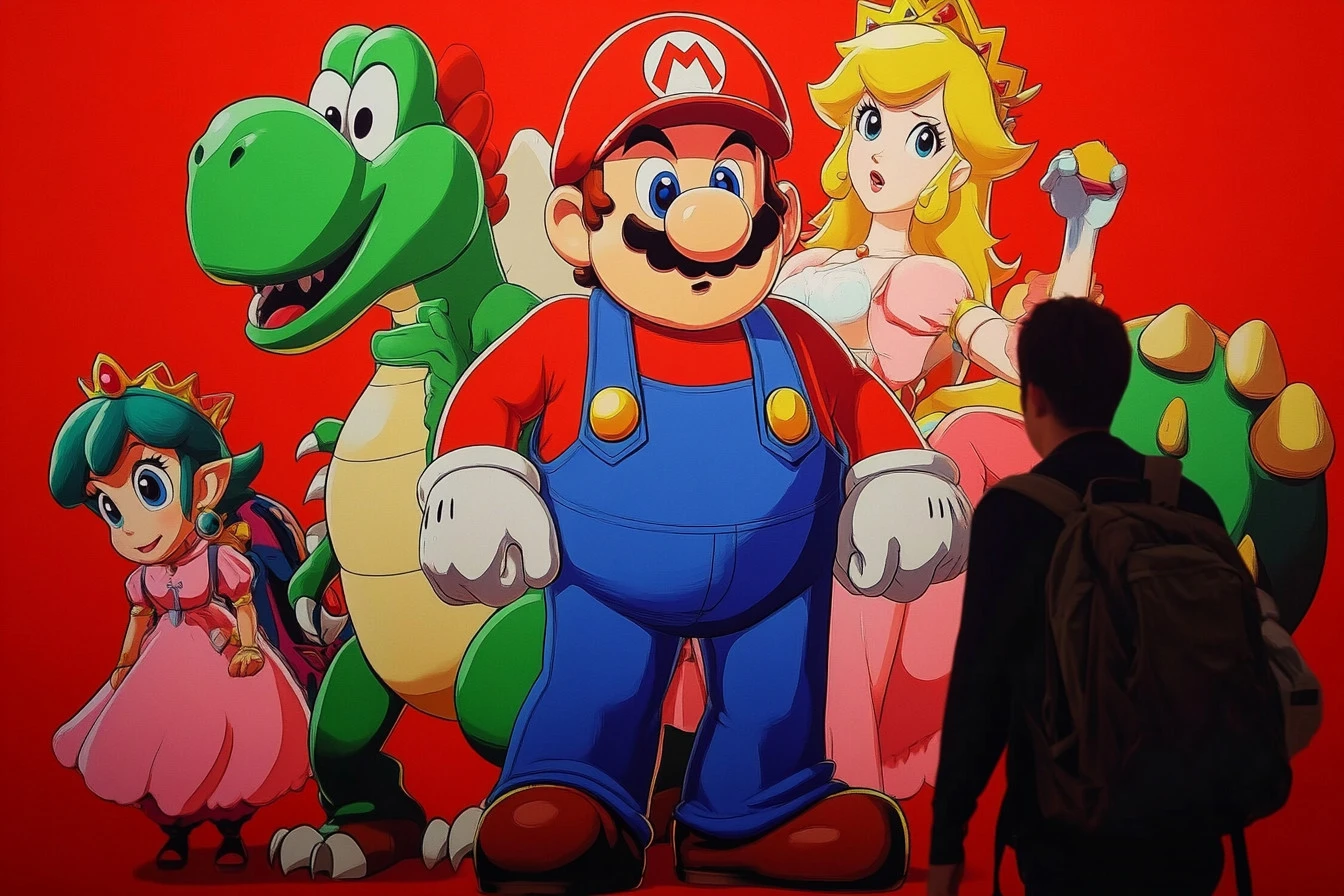The Potential Impact of Trump’s Tariffs on the Gaming Industry
In the past few years, that has made gaming a central power in entertainment. There were worries about the potential financial burden for gamers and industry, though as tariffs have started to pivot back in Trump’s long climb down race against reality. We explain how these tariffs — and the answer to an exemption request filed by a member of Congress on behalf of Sony, Microsoft, and Nintendo seeking relief for gaming from those taxes—could have major implications on pricing and availability … delivered daily!
The biggest concerns often revolve around the expense of gaming consoles. Exports Could Trigger Tariffs That Increase Manufacturer Production Costs US tariff on imported components might make it difficult for major manufacturers like Sony and Microsoft to absorb the cost of export shipments. Although this may bode well for the continued strength of gaming consoles, such an outcome could also discourage more price-conscious consumers if and when it results in higher retail prices. For an example, if a PlayStation or Xbox is costlier because of such draconian tariff application more gamers perhaps will no longer in the position to get hold for themselves latest technology and ultimately revenue collection disappointingly fall.
There is an even greater possibility of the gaming accessories market — which includes such trinkets as controllers, headsets and virtual reality devices—as well. The thing is, a lot of these things are not produced in the U.S. or they’re manufactured overseas — and tariffs could increase prices and squeeze affordability for gamers who end up on the wrong side of this alternating blame game. And because the gaming landscape is so competitive these days, even relatively modest price hikes could be enough to push potential buyers towards older console models or platforms that do not have similar tariff burdens.
Beyond just individual gamers, however, the broader economic impact of these tariffs is larger. This would reduce the income of developers and publishers, in turn limiting their capacity to invest further into new titles as well as technology. If innovation is slowed, it could prove a great interference to the growth of gaming experiences that players love.
Finally, tariffs were supposed to protect domestic industries but the unintended consequences on gaming could be vast— in conclusion. This may drive up costs for gamers, reduce product availability and slow down technological progress — all things that could result in significant cost increases. Maintaining the success of a booming gaming industry finds us asking what impact policy decisions may or will have outside their intended areas.



